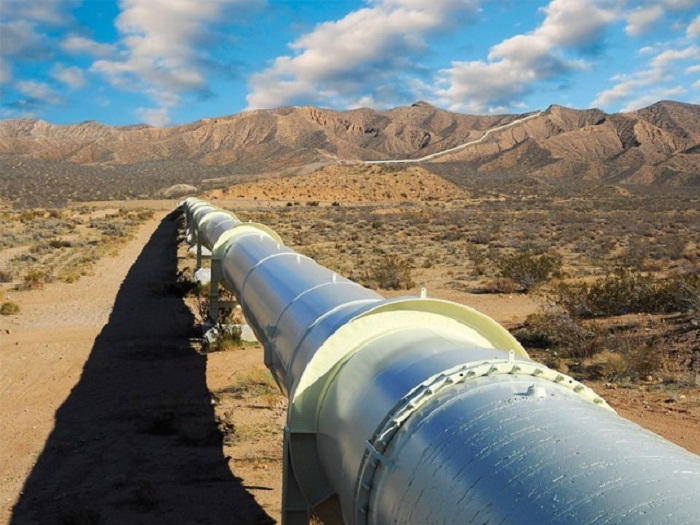`Russia doesn

After the failure of the South Stream, one of the topics of talks as part of Greek Prime Minister Alexis Tsipras’s visit to Moscow was the Turkish Stream project, initiated by Russia.
The project envisages gas transportation from Russia to Turkey via the Black Sea. The pipeline pumping capacity will be 63 billion cubic meters, of which around 50 billion cubic meters are planned to be supplied to a new gas hub on the Turkish-Greek border.
“Gazprom’s main task is to ensure gas supply to Central and Eastern Europe as part of the existing contracts, within tough in terms of the European Commission,” Pritchin said.
“At present, the Russian company does not have the legal opportunity to independently build its own gas pipeline to its customers due to the conditions of the Third Energy Package,” he said. “That is why Gazprom decided to change the South Stream route towards Turkey. The further objective is to create the necessary infrastructure in the EU to be consistent with the European standards and norms."
Pritchin added that Greece is in the spotlight, since it is the first EU country which should receive Russian gas after Turkey.
Greece is also one of the main participants of the Trans-Adriatic pipeline (TAP) project, which envisages transportation of gas within the Stage 2 of development of Azerbaijan’s Shah Deniz field to European markets.
Following the government change, Greece made various statements regarding the TAP project either expressing support and willingness to assist in its speedy completion, or saying that gas transit through Greek territory is not sufficiently beneficial for the country.
One of the recent statements was made by Greek Minister for Industrial Reconstruction, Environment and Energy Panagiotis Lafazanis saying that Greek government supports the project for construction of TAP since it will bring benefits for the country. At the same time, he did not rule out the change of the pipeline’s route if the local communities of Greece are not satisfied.
As part of ensuring Azerbaijani gas supply to European market, the final investment decision was made on Dec.17, 2013 on the Stage 2 of the Shah Deniz offshore gas and condensate field`s development. The gas produced at this field will first go to the European market (10 billion cubic meters), while six billion cubic meters of gas will be annually delivered to Turkey.
The consortium for development of Shah Deniz gas and condensate field in the Caspian Sea`s Azerbaijani sector signed long-term gas supply contracts (for 25 years) with nine European companies in September 2013.
The contracts for purchasing gas from the Stage 2 of the development of Shah Deniz were signed with Shell, Bulgar gas, DEPA, Gas Natural Fenosa, EON, Gaz de France, Hera, Enel and Axpo companies.
As part of the second stage of the field’s development, gas will be exported to Turkey and European markets by expanding the South Caucasus gas pipeline and the construction of Trans-Anatolian (TANAP) and TAP gas pipelines.















































